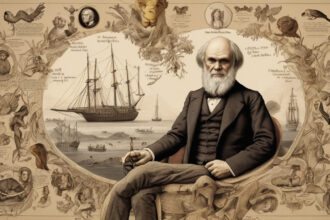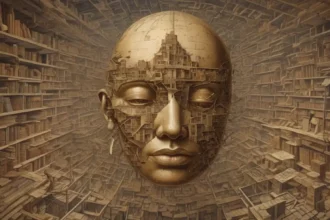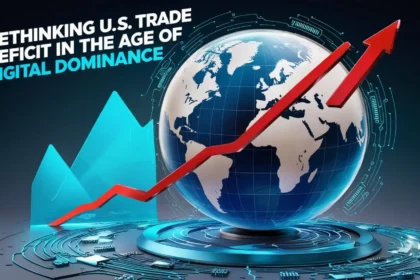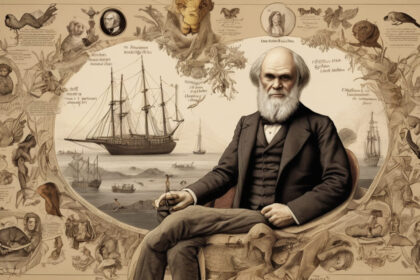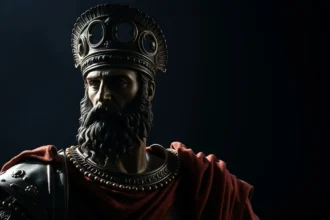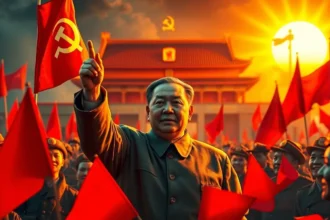Pausanias: Captivating Stories of Greece’s Historic Landmarks
Pausanias, a 2nd-century CE traveler and geographer, is renowned for his Description of Greece, a comprehensive ten-volume travelogue that provides…
TRENDING
The Post-Gupta Period: A Transitional Era in Indian History
The Post-Gupta Period (600–750 CE) marked a transition in India, with regional kingdoms rising, religious transformations, and cultural achievements shaping…
Photosynthetic Organisms: The Breakthrough Solution to Combat Climate Change
Photosynthetic organisms, like algae, could help combat climate change by capturing CO₂ from the atmosphere. Their natural process of photosynthesis…
The Extraordinary Life of Charles Darwin: A Complete Biography
Charles Darwin’s revolutionary work on natural selection reshaped biology, tracing his journey from a curious child to a pioneering scientist…
The Fragmentation of Knowledge: A Reflection on Humanity’s Decline
Humanity’s approach to knowledge has shifted from discovery to utility, stifling creativity and innovation. This fragmented learning model limits potential,…
The Mauryan Empire: A Comprehensive Exploration of Its Legacy and Recent Discoveries
The Mauryan Empire (321–185 BCE) unified India, fostering cultural diversity and economic prosperity. Ashoka's embrace of Buddhism marked a turning…
The Extraordinary Life of Charles Darwin: A Complete Biography
Charles Darwin’s revolutionary work on natural selection reshaped biology, tracing his journey from a curious child to a pioneering scientist…
Rethinking U.S. Trade Deficit in the Age of Digital Dominance
The U.S. trade deficit in physical goods masks its digital economy dominance, with tech giants like Apple and Google generating…
Receive latest news from all areas of science
Our selection of the week's biggest research news and features sent directly to your inbox. Enter your email address, confirm you're happy to receive our emails.
Magnus Maximus: The Rise and Fall of the Forgotten Roman Emperor
Magnus Maximus, a 4th-century Roman emperor, embodied ambition and power, leaving a complex legacy in…
Fyodor Dostoevsky: Exploring the Masterpieces of Russian Literature
Fyodor Dostoevsky's masterpieces explore human psychology, morality, and faith, offering profound insights into the complexities…
The Tragic Dilemma of Kevin Carter: The Photographer Who Captured the World’s Conscience
Kevin Carter's haunting photograph of famine ignited ethical debates, showcasing photojournalism's power and its emotional…
Mao Zedong: The Architect of Revolutionary China
Mao Zedong revolutionized China, uniting the nation, introducing socialism, and shaping modern governance. His legacy…







